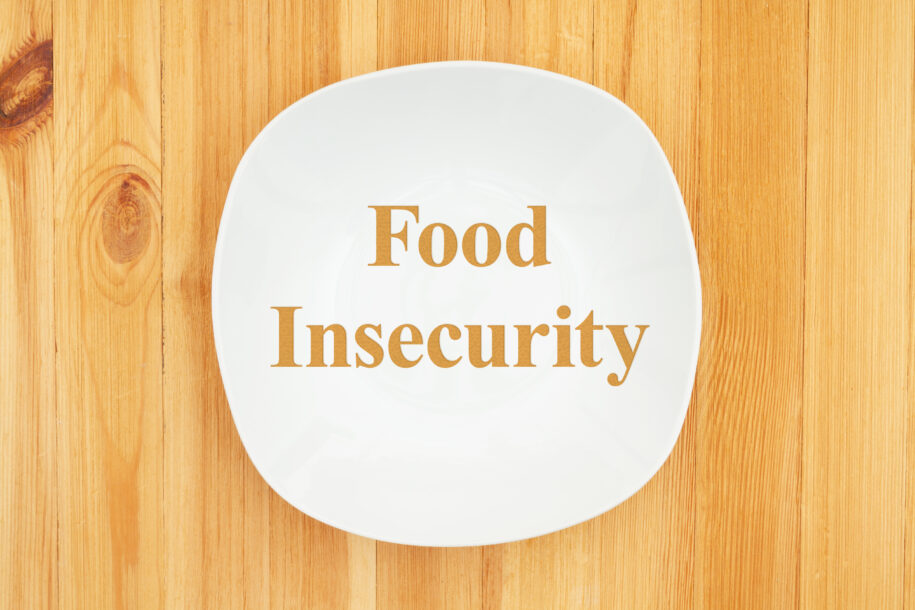What is food insecurity?
Food insecurity refers to a lack of reliable access to sufficient food, usually due to economic hardship. And for many, becoming food insecure can happen quickly, such as with the sudden loss of a job, or an unexpected medical or car bill.
An estimated one in nine Americans—or 37 million people, including 11 million children—were food insecure in 2018, according to a report by the United States Department of Agriculture (USDA). This number is likely to jump to one in eight Americans (42 million people) as a result of the coronavirus pandemic, says Feeding America.
Here’s what you need to know about the state of food security in this country, including what we as overstock food brokers can do to help those in need access food for themselves and their families.
Causes of Food Insecurity
The causes of food insecurity vary, but they are almost always rooted in financial hardship.
While poverty alone is not a sole determining factor, there is a strong connection between individuals who experience food insecurity and those who struggle to meet other basic needs, including housing, healthcare, and social connection. That being said, not all families in poverty will face food insecurity, nor are all of those who are above the poverty line immune from being food insecure.
Often, it only takes one event to impact whether or not an individual can access the food that they need. Notes Feeding America, many of those who became food insecure as a result of the pandemic were already at risk prior to it occurring. Likewise, an unanticipated bill or loss of income can just as quickly push someone over the threshold.
The Effects of Food Insecurity
Lack of access to food is never a good thing. Aside from the obvious implications of not having enough to eat, food insecurity can lead to a range of other issues. For children, it could mean growth and developmental delays, as well as an inability to focus in school. For adults, food insecurity means having to make many tough decisions, including foregoing necessary healthcare and other needs in order to put meals on the table.
How to Reduce Food Insecurity
Nobody should have to wonder where their next meal is going to come from. And fortunately, there are many programs set up to help solve the problem, including local, national, and international charities and food initiatives and various types of economic stimuli.
As overstock food brokers, we too have a role to play in addressing food insecurity in America. We’re proud to be working with the USDA’s Farmers to Families Food Box program to help distribute more food to those in need. During the pandemic, we’ve helped the USDA provide tens of millions of pounds of food to food insecure families, and look forward to continuing this work.
Food brokers can help in other ways, too. For instance, working with grocery stores, manufacturers, distributors, restaurant owners, and other types of commercial food businesses to redirect excess food inventory to those who can benefit from it. This usually entails fostering direct partnerships with food pantries and other organizations that are working on the ground to provide a lifeline for individuals and families who are facing food insecurity.
If you would like to help food insecure families you should consider volunteering with or making a donation to your local food pantry to help those in need of reliable access to food.

